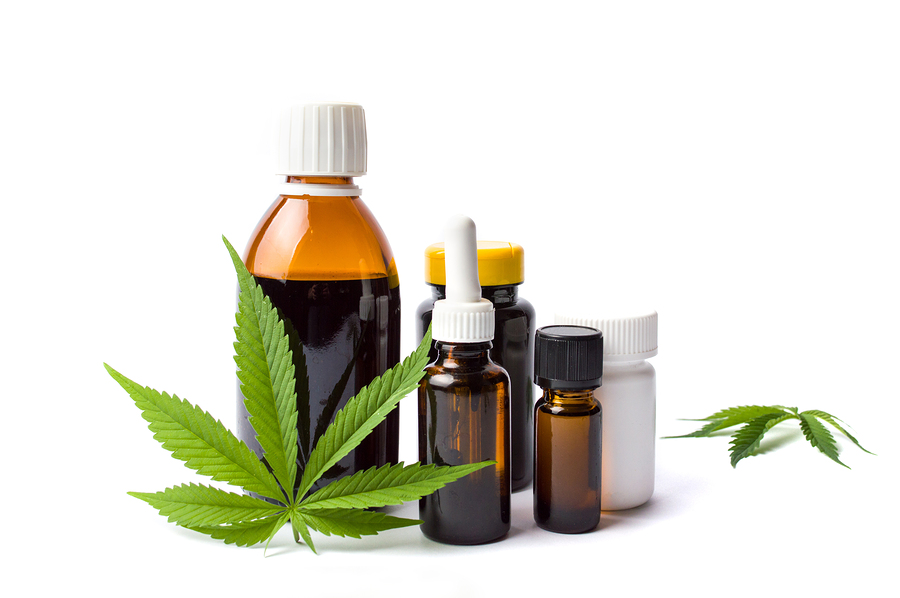Medical Cannabis Therapy
 At Bradenton East we now offer treatment of several conditions with medical cannabis including:
At Bradenton East we now offer treatment of several conditions with medical cannabis including:
- Cancer
- Epilepsy
- Glaucoma
- Positive status for Human Immunodeficiency Virus
- Acquired Immune Deficiency Syndrome
- Post-Traumatic Stress Disorder
- Amyotrophic Lateral Sclerosis
- Crohn’s Disease
- Parkinson’s Disease
- Multiple Sclerosis
- Terminal Conditions
- Medical conditions of the same kind or class as or comparable to those enumerated
- Chronic pain*
*Chronic pain may only be a qualifying condition if the patient has another qualifying
condition.
How Does The Florida Medical Cannabis Program Work?
Individuals suffering from chronic and debilitating illnesses are eligible to receive medical cannabis within the state of Florida.
To begin the process, a patient must have an in-person visit with a Florida physician who is qualified to recommend medical marijuana. In order to provide certifications to patients, a doctor must have an active, unrestricted medical license and must complete a course issued by the Florida Medical Association.
Once the physician has examined the patient, he or she can qualify (or “certify”) them to be able to purchase medical marijuana. After a patient is certified by a physician they must complete a medical marijuana ID card application with the Department of Health. When the Department approves the patient’s ID card application, the patient is legally then able to visit any of the state’s dispensaries or call a Medical Marijuana Treatment Center to arrange for delivery.
The law requires patients to be re-certified each 210 days, and the physician can certify up to a 70-day supply of cannabis at a time at a maximum daily dose that is yet to be determined by the Department of Health.
Evaluations Are Just $175 For Existing Patients
Meet Our Providers

Karen Brainard, M.D.
Board Certified in Family Practice, Integrative & Holistic Medicine and Co-Owner of Bradenton East Integrative Medicine

Samantha Notman, D.O.
Board Certified in Family Medicine
Questions? Call Now: (941) 727-1243
How Often Do You Need To See The Doctor And How Much Do Visits Cost?
Under Florida law, patients must be seen for an in-person examination a minimum of once every 30 weeks. Your initial appointment with the doctor begins the 30-week timer.
Since we have a duty to assess patients’ treatment and to better ensure a high standard of care, new patients must return for an office visit within 90-days of their initial certification appointment. The cost of this visit is $100, and is payable by cash or charge.
90-days after your initial office visit (180 days after your first appointment), you’ll return for a recertification appointment. The cost of recertification visits is $250, payable by cash or charge.
After your first recertification visit, provided you’re comfortable with your usage and dosage and aren’t undergoing active symptomology of your debilitating condition, we will schedule you for regular recertification visits every 180 days.
Certification Visits
Certification visits, which are required every 30 weeks, cost $275 for new patients and $175 for existing BEIM patients.
Office Visits
All new patients are required to return approximately 90-days from their initial certification visit for an office visit. The purpose of this visit is to evaluate each patient’s progress using their medication in relation to their active symptoms. These non-certification office visits are $100 each. Additionally, active patients may schedule office visits as needed with our office for acute care needs (sinus infections, conventional prescription refills, the flu, etc.).
Reminder: You will be required to provide a urine sample at each visit.
For all visits, we accept Visa, MasterCard, Discover, American Express, and cash.
Frequently Asked Questions
caregivers to quickly demonstrate that they are registered in the Compassionate Use Registry.
Florida rule 64-4.011, F.A.C. requires all patients and legal representatives to have a valid Compassionate Use Registry identification card to obtain low-THC cannabis, medical cannabis, or a cannabis delivery device. To apply for a Compassionate Use Registry identification card, a patient must:
1. Be a Florida resident,
2. Be a qualified patient in the Compassionate Use Registry,
3. Submit a completed application to the Office of Compassionate Use
Patients and caregivers may apply for a Compassionate Use Registry identification card electronically on the Medical Marijuana Use Registry, or mail a completed application to the Office of Compassionate Use. Applicants must have an email address added to their
Patient Profile to submit an electronic application.
All applications must be submitted to the Office of Compassionate Use, and must include a full-face, passport-type color photograph taken within 90 day, and a registration fee of $75. Compassionate Use Registry identification cards remain active for one year.
Patients who are minors must designate a legal representative on his or her application, and in the Compassionate Use Registry. Legal representatives must also submit a completed application to the Office of Compassionate Use to obtain a Compassionate Use Registry identification card.
Once a card application has been approved, the patient and legal representative will receive temporary verification from the Office of Compassionate Use sent to their email. This verification will allow patients the ability to purchase their first order of medical cannabis.
Approximately 30 days after the receipt of payment, the Office of Compassionate Use will mail a hard plastic identification card to the patient and/or Legal Representative (caregiver). A patient must have an approved card application prior to filling an order at a dispensing
organization.
For patients under the age of 18, the parent or legal guardian must provide the Department with a certified copy of a birth certificate or a current record of registration from a Florida K-12 school. Additionally, the parent or legal guardian must have a valid Florida driver’s
license or Florida identification card.
Patients that qualify as “seasonal”, may use two of the following instruments to prove their legal residency status:
1. A deed, mortgage, monthly mortgage statement, mortgage payment booklet or residential rental or lease agreement.
2. One proof of residential address from the seasonal resident’s parent, step-parent, legal guardian or other person with whom the seasonal resident resides and a statement from the person with whom the seasonal resident resides stating that the seasonal resident does reside with him or her.
3. A utility hookup or work order dated within 60 days before registration in the medical use registry.
4. A utility bill, not more than 2 months old.
5. Mail from a financial institution, including checking, savings, or investment account statements, not more than 2 months old.
6. Mail from a federal, state, county, or municipal government agency, not more than 2 months old.
7. Any other documentation that provides proof of residential address as determined by department rule.

